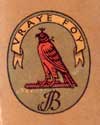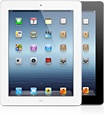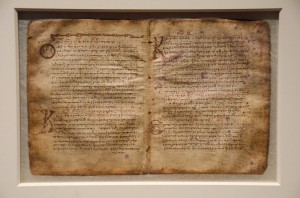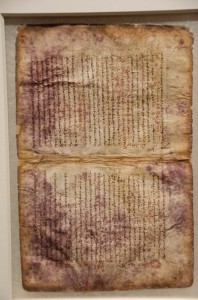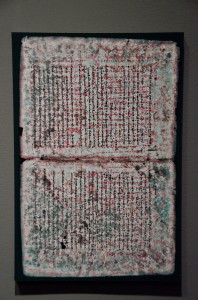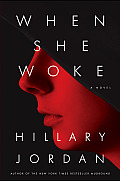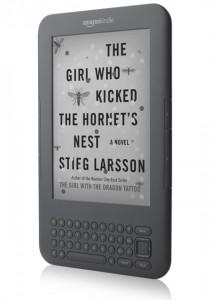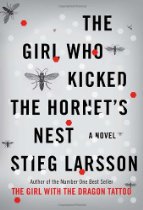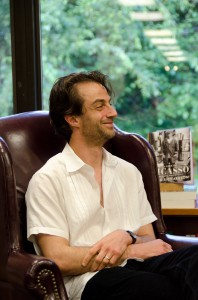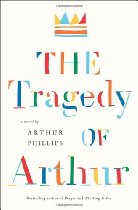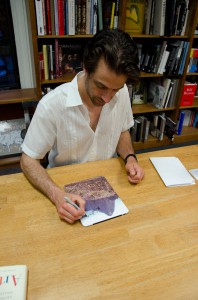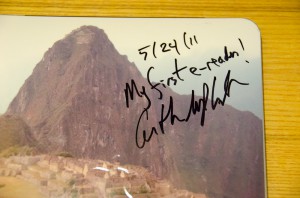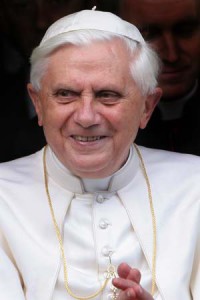
From the Vatican Information service:
POPE SPEAKS WITH SPACE STATION ASTRONAUTS
VATICAN CITY, 21 MAY 2011 (VIS) – This Saturday, Benedict XVI held a
conversation with the group of cosmonauts and astronauts aboard the
International Space Station, on the occasion of the space shuttle
Endeavour’s last mission.
From a room in the Vatican’s Apostolic Palace the Pope could see the
astronauts on a television screen while they could only hear his voice on an
audio channel.
During the conversation, the Holy Father asked the astronauts five
questions. The first: “When you are contemplating the Earth from up there,
do you ever wonder about the way nations and people live together down here,
or about how science can contribute to the cause of peace?”.
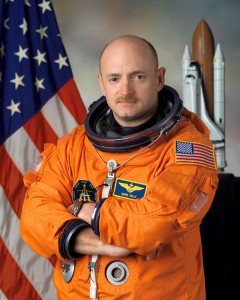
United States astronaut Mark Kelly answered that, from space, you cannot
see the borders between the nations, but “we realize that people fight with
each other and there is a lot of violence in this world … The science and
the technology that we put into the Space Station to develop a solar power
capability, gives us pretty much an unlimited amount of energy. And if those
technologies could be adapted more on Earth, we could possibly reduce some
of that violence”.
While emphasizing “the responsibility we all have towards the future of
our planet”, the Pope asked how the astronauts see Earth’s situation from
their “extraordinary observation point?”.
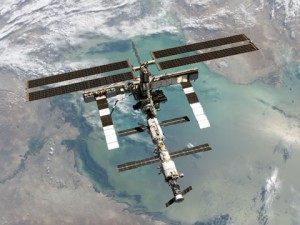
United States astronaut Ron Garan answered that, “we can see how
indescribably beautiful the planet that we have been given is; but on the
other hand, we can really clearly see how fragile it is”.
Benedict XVI asked if, “in the midst of your intense work and research”,
the astronauts ever stop and reflect on the mystery of creation – perhaps
even to say a prayer to the Creator? The Italian astronaut Roberto Vittori,
who before leaving for space had received a medal from Benedict XVI
representing the Creation of Man as painted by Michelangelo on the Sistine
Chapel ceiling, responded. On seeing the beauty of the planet, he said, “I
do pray: I do pray for me, for our families, for our future”.
The Pope addressed his fifth and final question to the Italian astronaut
Paolo Nespoli, assuring him of his prayers for the astronaut’s recently
deceased mother and asking him how he was living through this time of
sorrow; if on the station he felt “far away and isolated, if you suffer a
sense of separation or if you feel united to and included in a community
that accompanies you with care and affection?”.
Thanking the pontiff for his prayers on the death of his mother, Nespoli
agreed that, being outside the world, “we have a vantage point to see the
Earth and to feel everything around us”.
The Holy Father concluded the conversation by thanking them for “this
wonderful opportunity to meet and dialogue with you. You have helped me and
many other people to reflect together on important issues that regard the
future of humanity. I wish you the very best for your work and for the
success of your great mission at the service of science, international
collaboration, authentic progress, and for peace in the world”.
